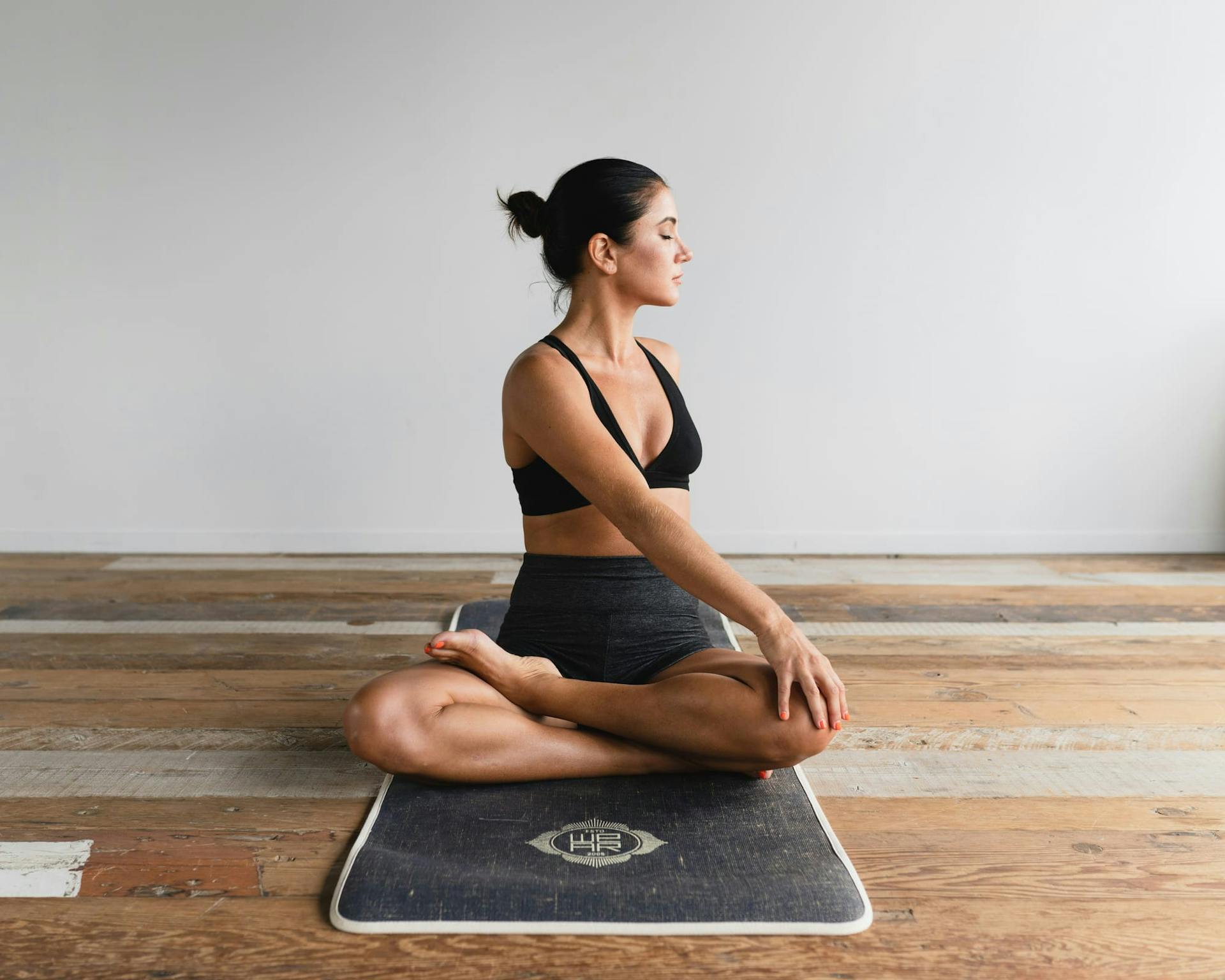
High-intensity workouts are often popular when it comes to fitness trends, but did you know taking a slower and more mindful approach to exercise has numerous health and wellbeing benefits?
When you think about your fitness goals, you might envision intense workouts and long cardio sessions. However, research suggests taking a gentler, more deliberate approach to exercise may be the key to enhancing strength and overall wellbeing. If slow and steady is more your style, ‘slow fitness’ may be for you.
What is slow fitness?
Slow fitness is a mindful and deliberate approach to exercise that involves performing fitness at a slower pace and focusing on consistency and technique. Much like the wellbeing trend ‘slow living’, the idea is to work out intuitively and tap into the type of exercise your body needs at that moment, rather than rushing into a workout that you’re not ready for.
"When juggling a fast-paced lifestyle, an intense and quick workout can feel like the easiest way to hit our fitness goals. However, despite being the more popular choice, high-intensity workouts can be counterproductive for people who experience high levels of stress. In fact, studies have shown that practising 'slow fitness' can help reduce post-workout soreness and improve overall wellbeing.
It all comes back to exercising mindfully, whether you choose to do something as simple as mindful meditation, yoga or Pilates, low-impact exercises provide several health benefits that go beyond physical gains" says Jon Booker, physical wellbeing expert at Westfield Health.
How can slow fitness boost wellbeing?
Engaging in slower, more mindful fitness practises has numerous physical and wellbeing benefits, including:
Reduced stress and anxiety: Due to the emphasis on controlled movements and breathwork during slow fitness practises, the body's relaxation response is triggered resulting in feelings of calmness, reduced stress levels and greater overall wellbeing.
Improved mood: The meditative nature of slow fitness helps to improve mood by releasing endorphins known as the "feel-good" hormones, which promote a sense of pleasure and happiness.
Better quality sleep: Slow fitness often involves gentle stretching and movements that help release tension in the muscles, resulting in heightened relaxation and better sleep quality.
Enhanced relaxation: Engaging in slow fitness promotes mindfulness, allowing individuals to become more aware of their thoughts, emotions, and physical sensations. Practitioners may notice areas of tension or discomfort and learn to release them through gentle movements and relaxation techniques.
Fewer injuries: Slow fitness is all about quality over quantity. The idea is to focus on maintaining proper form throughout each exercise, this helps to prevent sudden injuries and ensure you get the most out of a workout.
What exercises are considered slow fitness?
Yoga: Yoga often involves a series of slow, deliberate movements that flow from one pose to another which are often synchronised with breathing. This form of exercise encourages a sense of mindfulness and relaxation and helps you become more aware of your mind-body connection, which is why many experts recommend the practice for stress relief.
Pilates: Many traditional exercises focus on building strength and endurance, however, Pilates is a low-impact form of fitness where the emphasis is placed on the quality of movement rather than the quantity. Practitioners are encouraged to move slowly and with control, encouraging you to be mindful of your movements, your breathing and how your body feels.
Walking meditation: Walking meditation, sometimes known as kinhin, involves walking slowly and deliberately whilst paying attention to each step and breath. The contemplative act helps to promote creativity, stress reduction and a deeper connection with the surrounding environment.
Tai Chi: Tai Chi, often referred to as 'meditation in motion' is a low-impact holistic martial art known for its gentle movements and focus on deep breathing. It encourages elements of meditation and mindfulness and not only improves physical fitness but also helps to enhance concentration and overall wellbeing.
Qi Gong: Similar to Tai Chi, Qi Gong (pronounced “chee-gong”) is a mind-body-spirit practice with a strong emphasis on breathing, such as taking slow and intentional breaths while completing coordinated movements. The act helps to quiet the mind and enter a state of focused meditation, providing a healthy outlet for stress, anxiety or tension.
If you’re looking for a Pilates teacher, a yoga teacher, or want to learn about different complementary therapies, you can visit Therapy Directory or connect with a health or wellness coach at Life Coach Directory.

